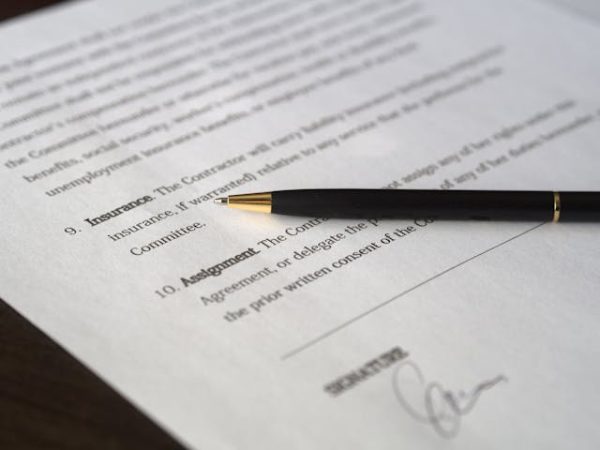In today’s digital age, the confidentiality of your medical records is paramount. When you visit your GP, you trust that your personal and medical information will be handled with the utmost care and discretion.
However, what happens if this trust is broken, and your GP breaches your data? Understanding the potential ramifications and your rights in an NHS data breach is crucial, and we’ll be discussing this in this article…

Photo by cottonbro studio
Understanding Data Breaches
A data breach occurs when confidential information is accessed, disclosed, or used without authorization. In the context of your GP’s practice, this could involve:
- Unauthorized access to your medical records.
- Accidental sharing of your personal details with third parties.
- Loss or theft of devices containing your sensitive information.
Such breaches can have significant repercussions, both for your privacy and your trust in the healthcare system.
Common Causes of Data Breaches
Data breaches can happen for a variety of reasons, including:
- Human Error: Mistakes such as sending an email containing sensitive information to the wrong recipient.
- Cyber Attacks: Malicious attacks by hackers aiming to steal personal information.
- Inadequate Security Measures: Weak passwords and a lack of encryption can make it easier for unauthorized individuals to access data.
Your Rights and Protections
Under the General Data Protection Regulation (GDPR), you have specific rights regarding the protection of your personal data. If your GP breaches your data, you are entitled to:
- Be informed about the breach promptly.
- Receive details on the nature of the data breached and the potential consequences.
- Know the measures being taken to address the breach and prevent future occurrences.
For more detailed information on your rights under GDPR, you can visit the official European data protection guidelines.
Steps to Take if Your Data is Breached
If you suspect or discover that your GP has breached your data, it is essential to take immediate action:
- Contact Your GP: Notify them of your concerns and ask for a detailed account of the breach.
- Report to the ICO: The Information Commissioner’s Office (ICO) is responsible for monitoring data protection compliance in the UK.
- Seek Legal Advice: Consider consulting a solicitor to understand your options and rights fully.
For more information on the procedures following a personal data breach, you can refer to the NHS guidance on personal data breaches.

Photo by Pixabay
Potential Consequences of a Data Breach
When your data is breached, the consequences can be far-reaching. It’s important to understand the potential impacts:
Emotional Distress
The knowledge that your personal and medical information has been compromised can lead to significant emotional distress. You may feel a loss of trust, anxiety about who has accessed your data, and worry about how it might be misused.
Financial Implications
In some cases, data breaches can lead to financial consequences. For example, if sensitive information such as your National Insurance number or banking details are accessed, it could result in identity theft or fraud.
Impact on Medical Care
A breach of your medical data can also potentially affect your future healthcare. If sensitive information is leaked, it might influence the treatment you receive or how you are perceived by healthcare professionals.
Legal Repercussions
If it is found that your GP or their practice was negligent in protecting your data, there could be legal consequences for the parties involved. This includes potential fines and sanctions under GDPR.
Preventative Measures for Protecting Your Medical Information
While you may not have direct control over how your GP manages your data, there are steps you can take to help protect your personal information:
Be Informed
Ensure you understand your rights regarding data protection. Familiarise yourself with the policies and procedures your GP practice has in place to safeguard your data.
Use Secure Communication
When communicating with your GP or other medical professionals, opt for secure methods. Avoid sending sensitive information through unencrypted emails or messages.
Monitor Your Information
Regularly check your medical records and other personal information for any inaccuracies or signs of unauthorized access. Promptly report any discrepancies you find.
Protecting Your Medical Data
A data breach at your GP’s office can have serious implications, affecting your emotional well-being, financial security, and overall trust in the healthcare system. By understanding your rights and the steps to take in the event of a breach, you can better protect yourself and your personal information.
If you’ve experienced a breach involving your health records, it’s essential to stay proactive. Be sure to report any concerns and seek advice from professionals who can help you navigate the aftermath. Protecting your data is a shared responsibility between you and your healthcare providers. By staying informed and vigilant, you can help ensure your personal information remains secure.

